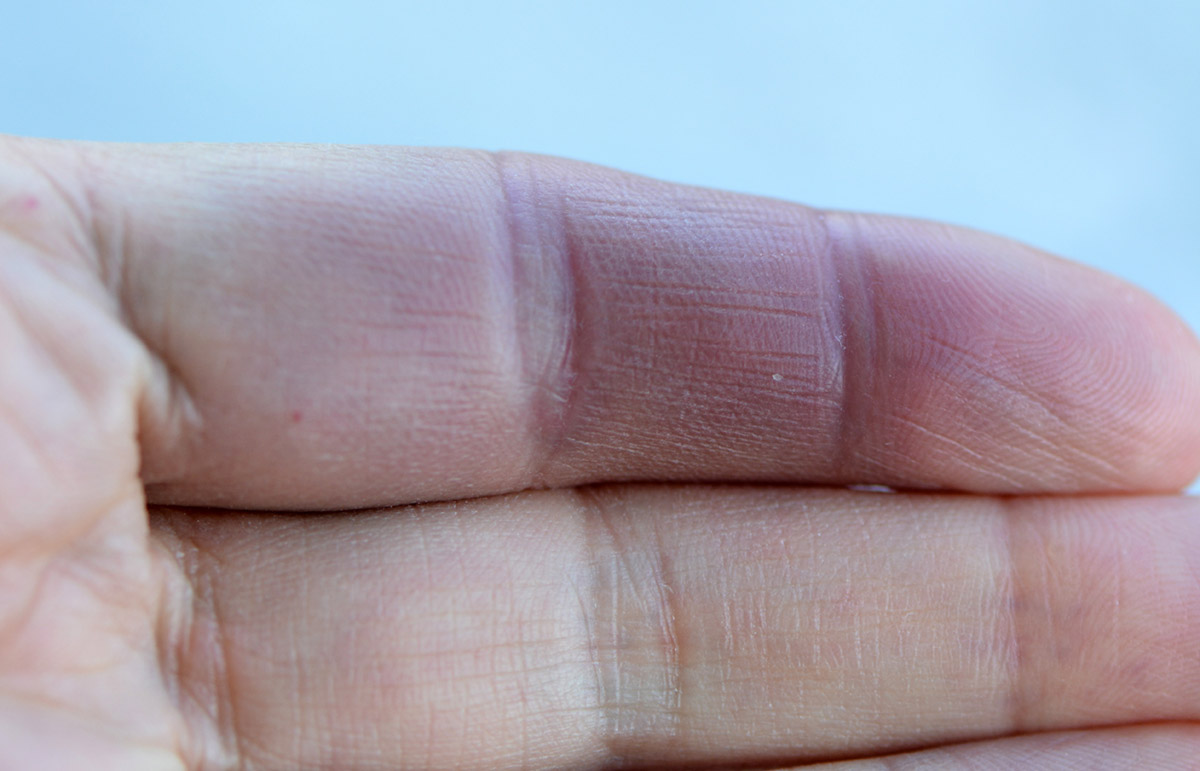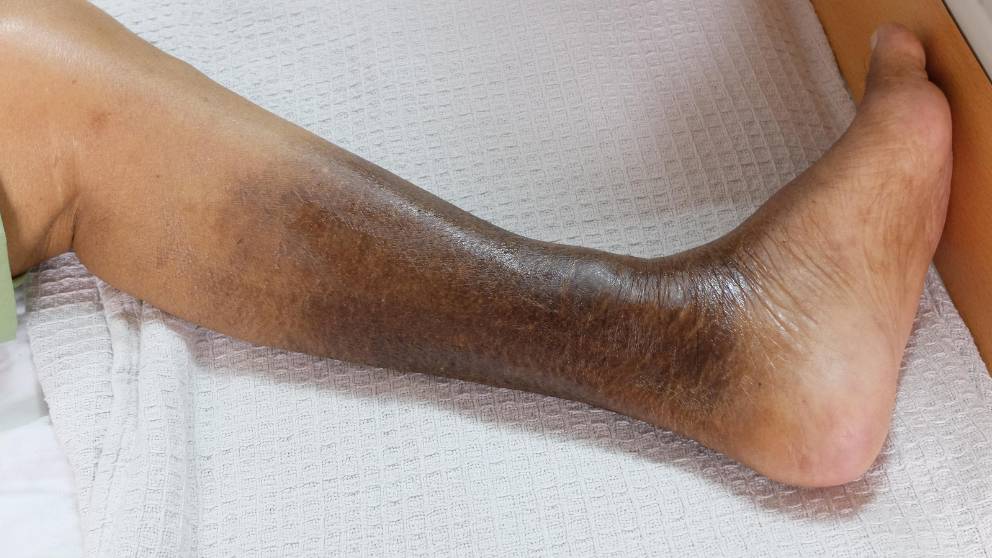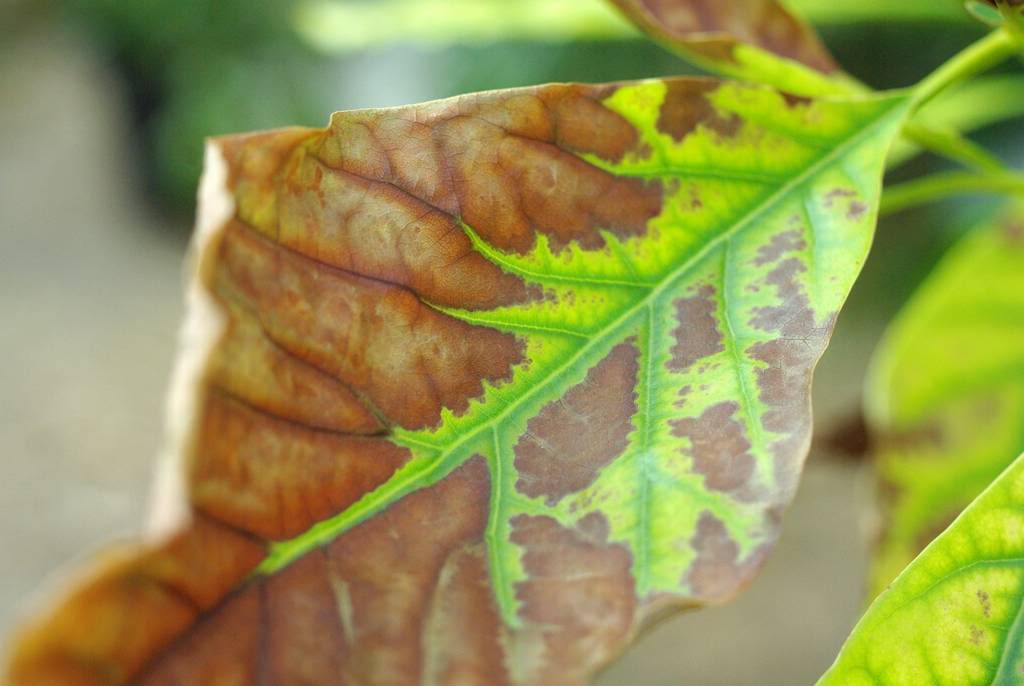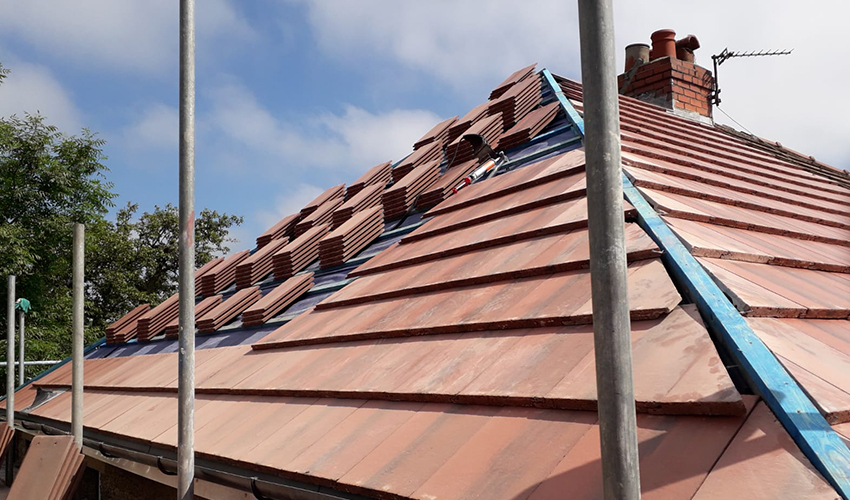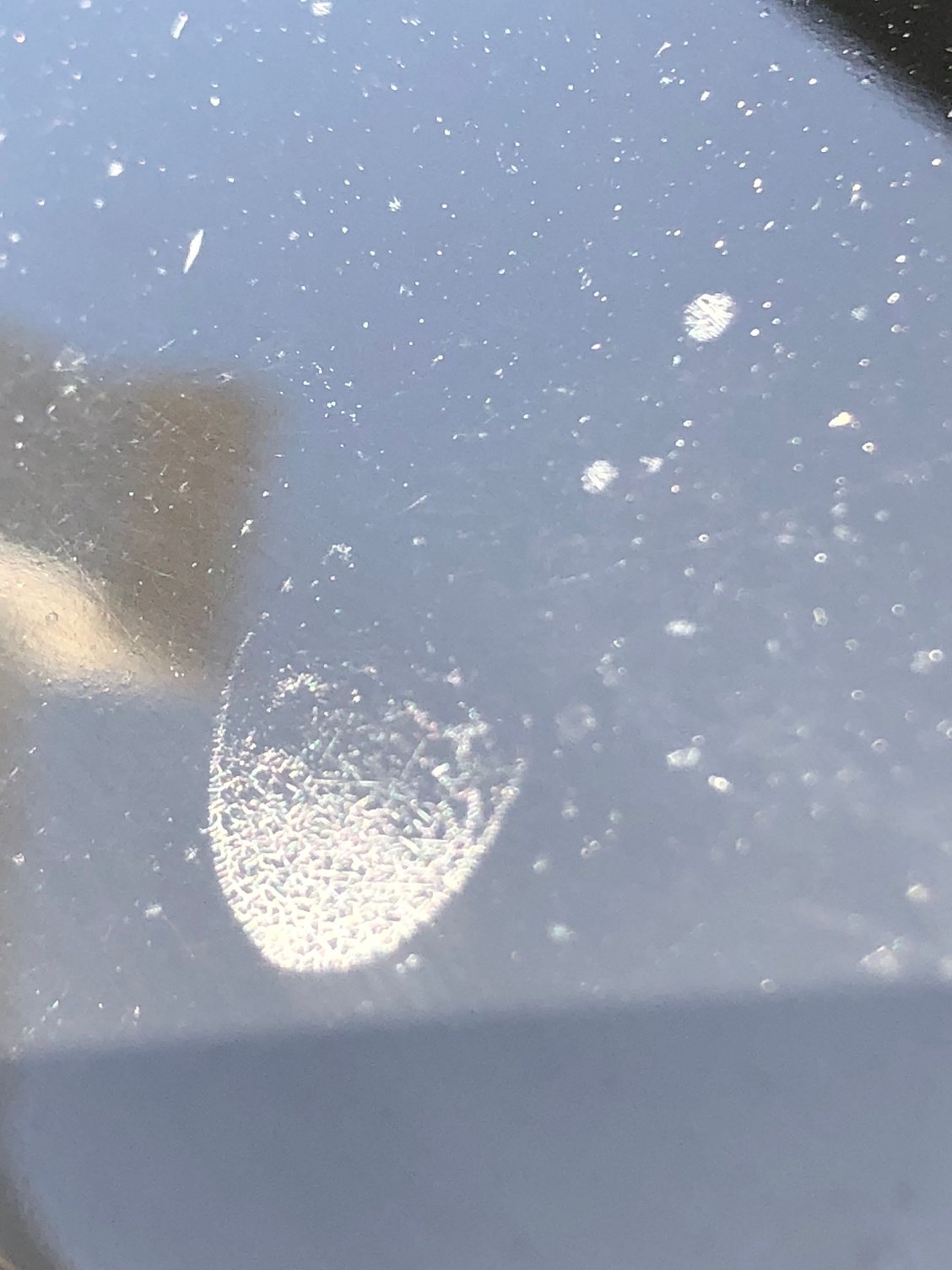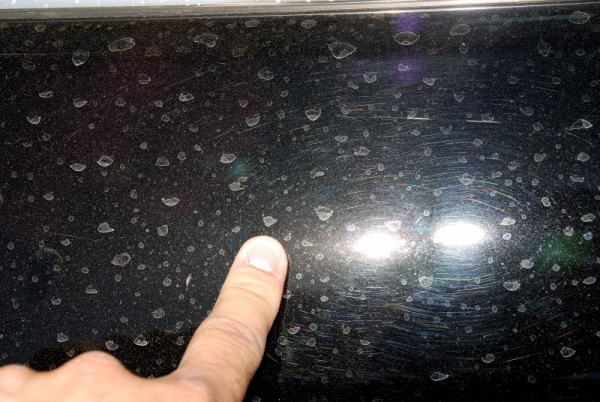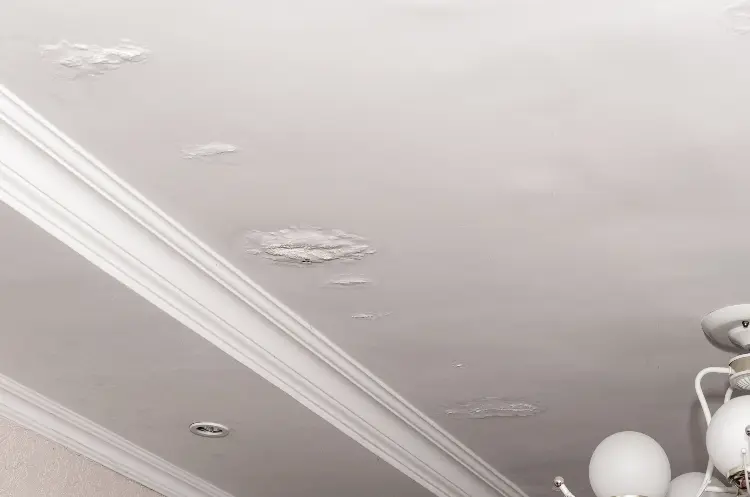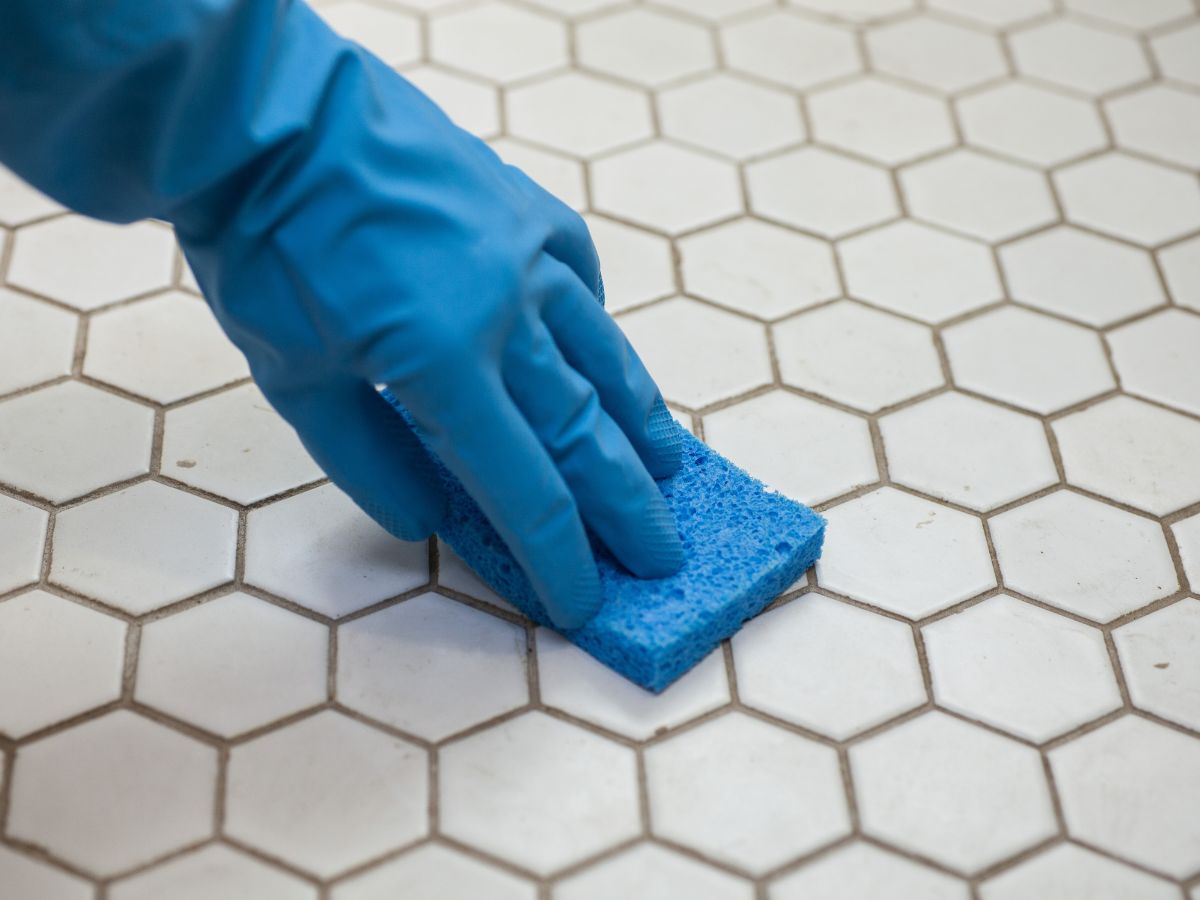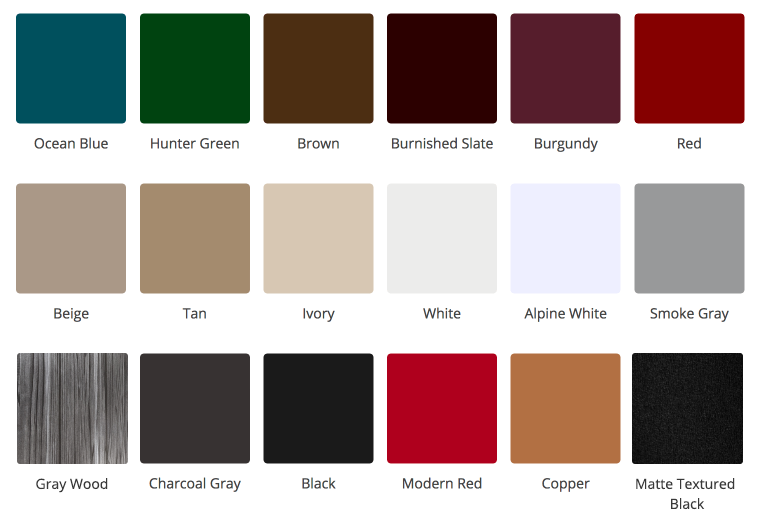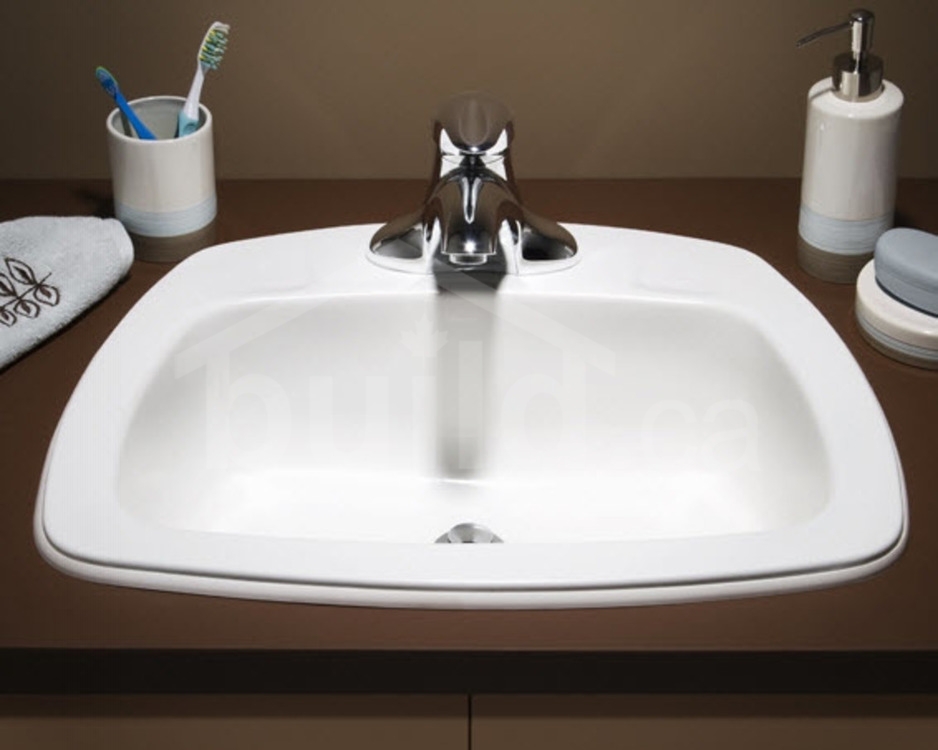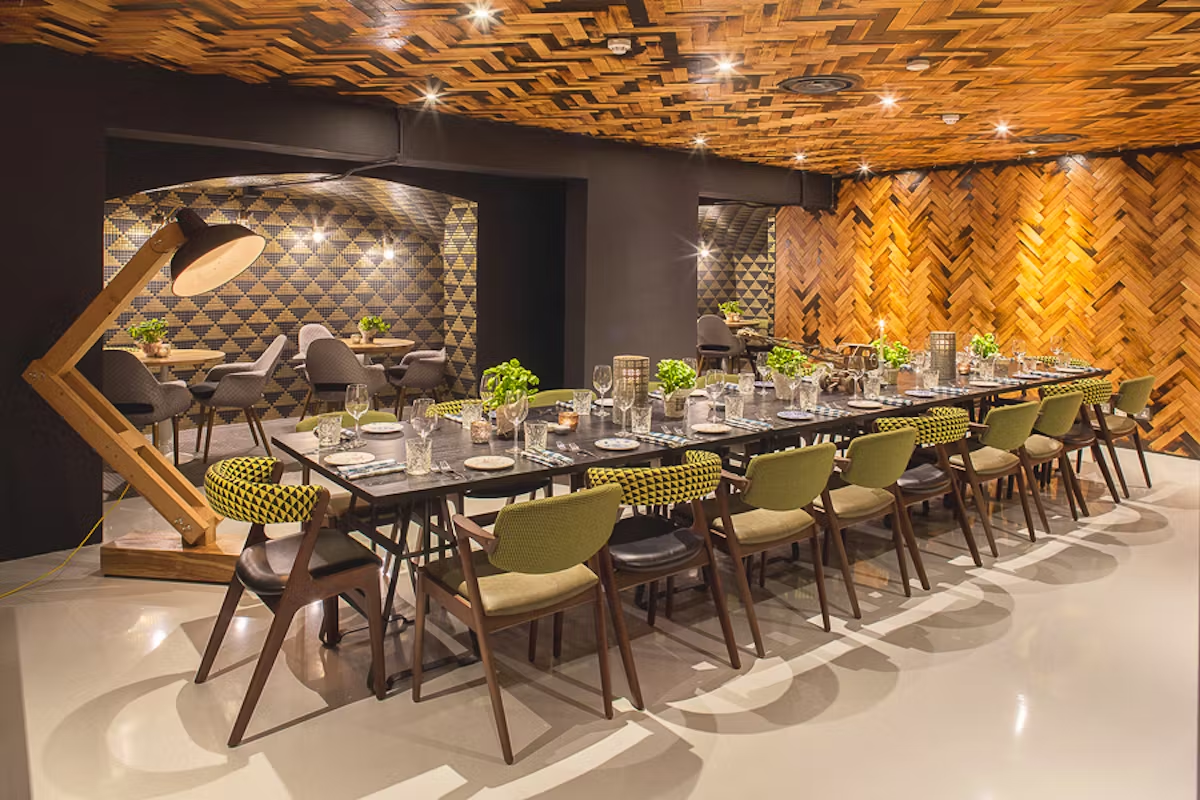One of the most common problems with granite composite kitchen sinks is scratches. Despite being highly durable, these sinks are not completely scratch-resistant. Sharp objects like knives and utensils can leave visible scratches on the surface, especially if the sink has a polished finish. These scratches not only ruin the appearance of the sink but can also make it more prone to stains and bacteria buildup.1. Scratches
Granite composite sinks are known for their ability to resist stains, but they are not completely immune to them. Certain foods and liquids, such as red wine, coffee, and acidic substances, can leave stubborn stains on the sink's surface. If not cleaned properly and promptly, these stains can become permanent, making the sink look dirty and unhygienic.2. Stains
Although granite composite sinks are highly durable, they are not indestructible. Heavy impact or extreme temperature changes can cause cracks in the sink, compromising its structural integrity. These cracks can also allow water to seep into the sink's material, leading to further damage and potentially causing the sink to break or collapse.3. Cracks
Similar to cracks, chipping can occur in granite composite sinks when they are exposed to heavy impact or extreme temperature changes. This can happen when heavy pots and pans are dropped into the sink or when hot cookware is placed directly on the sink's surface. Chipping not only affects the appearance of the sink but can also make it more vulnerable to other issues like stains and bacteria buildup.4. Chipping
Over time, some granite composite sinks may start to lose their color and appear dull or discolored. This can happen due to prolonged exposure to harsh cleaning products, direct sunlight, or certain foods and beverages. Discoloration not only affects the sink's appearance but can also make it more difficult to clean and maintain.5. Discoloration
While granite composite sinks are known for their heat resistance, they are not entirely heat-proof. Placing hot cookware directly on the sink's surface can cause thermal shock and lead to cracks or discoloration. Additionally, leaving hot pots or pans in the sink for an extended period can also cause heat damage, making the sink more susceptible to other issues.6. Heat Damage
Water spots are a common issue with granite composite sinks, especially in areas with hard water. These spots can be caused by mineral deposits left behind when water evaporates from the sink's surface. If not cleaned regularly, these water spots can become permanent and make the sink look dull and unhygienic.7. Water Spots
Despite being marketed as low maintenance, granite composite sinks can be challenging to clean, especially in the long run. Stains, scratches, and water spots can make the sink's surface rough and porous, making it difficult to remove dirt and bacteria. Regular cleaning and maintenance are necessary to keep the sink looking clean and hygienic.8. Difficult to Clean
If your granite composite sink experiences any of the problems mentioned above, it may require professional repairs, which can be quite expensive. Depending on the severity of the issue, you may need to replace the entire sink, which can be a significant investment. It is essential to take proper care of your sink to avoid costly repairs in the future.9. Expensive Repairs
Compared to other types of kitchen sinks, granite composite sinks have limited color options. They usually come in shades of black, white, and gray, making it challenging to find a color that complements your kitchen's design and aesthetic. This limitation can be a deal-breaker for those looking for a specific color or style for their kitchen sink. In conclusion, while granite composite sinks have many benefits, they also come with their fair share of problems. However, with proper care and maintenance, these issues can be minimized, and you can enjoy the durability and beauty of a granite composite kitchen sink for many years to come.10. Limited Color Options
The Benefits of Choosing a Granite Composite Kitchen Sink
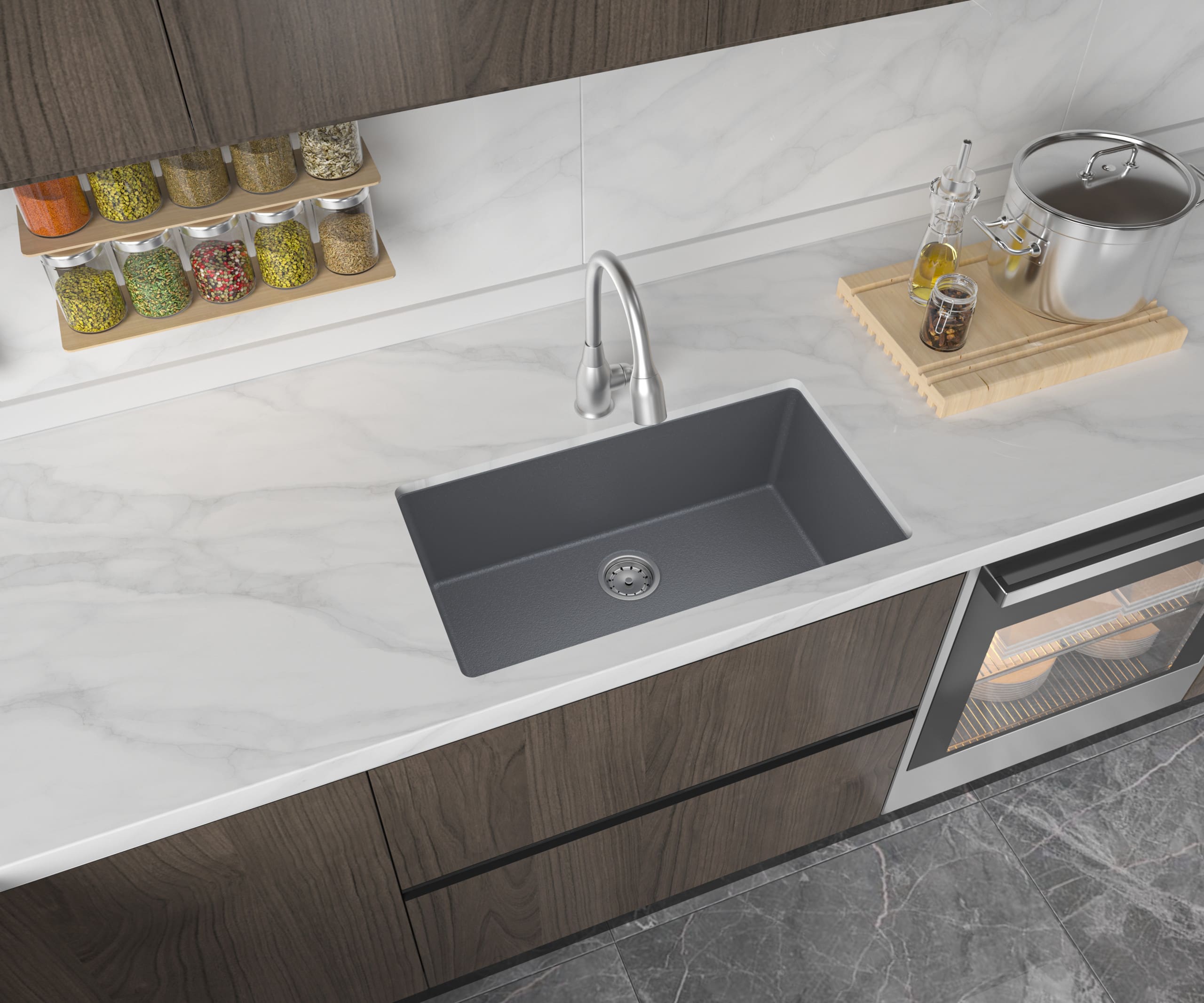
Why You Should Consider a Granite Composite Sink for Your Kitchen
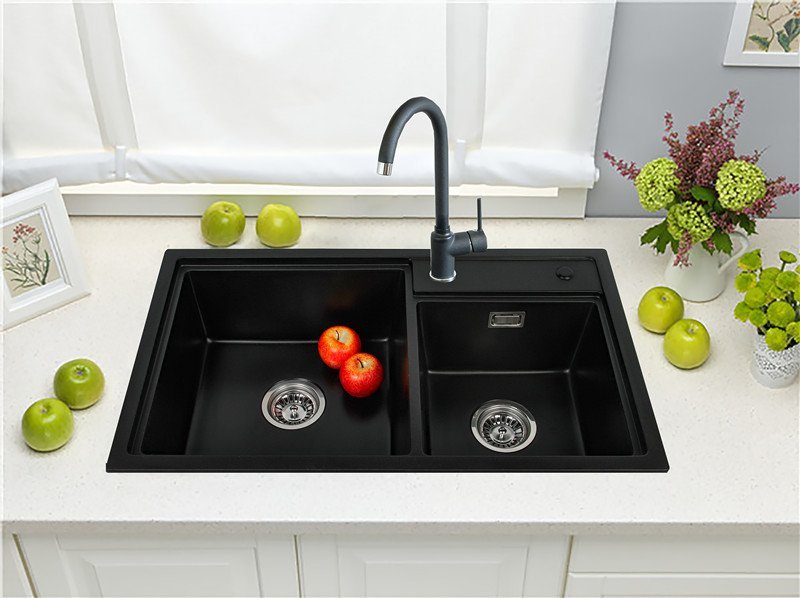 Granite composite kitchen sinks have become increasingly popular in recent years due to their durability, aesthetic appeal, and low maintenance. Made from a combination of granite stone dust and resin, these sinks offer a unique and modern look to any kitchen. However, as with any product, there are some potential problems that may arise with granite composite sinks. In this article, we will discuss the common issues that homeowners may encounter with these sinks and how to address them.
Granite composite kitchen sinks have become increasingly popular in recent years due to their durability, aesthetic appeal, and low maintenance. Made from a combination of granite stone dust and resin, these sinks offer a unique and modern look to any kitchen. However, as with any product, there are some potential problems that may arise with granite composite sinks. In this article, we will discuss the common issues that homeowners may encounter with these sinks and how to address them.
Staining and Scratching
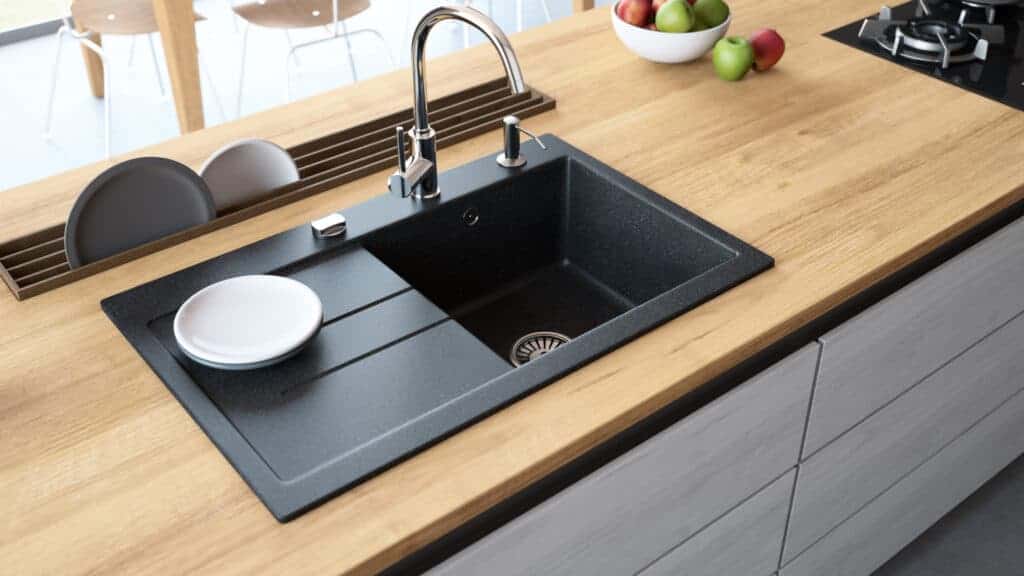 One of the most common concerns about granite composite sinks is the possibility of staining and scratching. While granite itself is a very hard and durable material, the addition of resin in composite sinks can make them more susceptible to scratches. This is especially true if the sink is not properly cared for or if sharp objects are dropped into it. Additionally, certain foods or liquids can leave stains on the sink if not cleaned up promptly.
One of the most common concerns about granite composite sinks is the possibility of staining and scratching. While granite itself is a very hard and durable material, the addition of resin in composite sinks can make them more susceptible to scratches. This is especially true if the sink is not properly cared for or if sharp objects are dropped into it. Additionally, certain foods or liquids can leave stains on the sink if not cleaned up promptly.
Solution: Regular Maintenance and Proper Cleaning
 To prevent staining and scratching, it is important to properly maintain and clean your granite composite sink. Use a soft sponge or cloth when cleaning and avoid abrasive cleaners or materials. For tougher stains, a mixture of water and vinegar can be used to remove them. It is also important to dry the sink after each use to prevent water spots from forming.
To prevent staining and scratching, it is important to properly maintain and clean your granite composite sink. Use a soft sponge or cloth when cleaning and avoid abrasive cleaners or materials. For tougher stains, a mixture of water and vinegar can be used to remove them. It is also important to dry the sink after each use to prevent water spots from forming.
Cracks and Chips
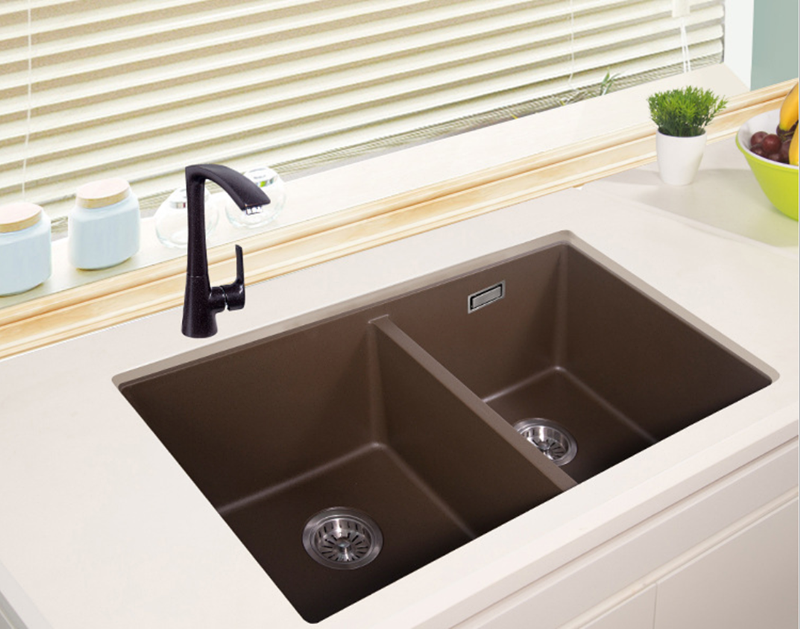 Another potential issue with granite composite sinks is the possibility of cracks or chips. While these sinks are generally very durable, they can still be damaged by heavy impact or extreme temperatures. For example, dropping a heavy pot or pan into the sink can cause it to crack or chip. Extreme heat or cold can also cause the sink to expand or contract, leading to cracks.
Another potential issue with granite composite sinks is the possibility of cracks or chips. While these sinks are generally very durable, they can still be damaged by heavy impact or extreme temperatures. For example, dropping a heavy pot or pan into the sink can cause it to crack or chip. Extreme heat or cold can also cause the sink to expand or contract, leading to cracks.
Solution: Proper Installation and Careful Use
 To prevent cracks and chips, it is important to have your granite composite sink properly installed by a professional. This will ensure that the sink is secure and able to withstand heavy impact. Additionally, be careful when using the sink and avoid dropping heavy or sharp objects into it. It is also recommended to use a sink mat or rack to protect the bottom of the sink from potential damage.
To prevent cracks and chips, it is important to have your granite composite sink properly installed by a professional. This will ensure that the sink is secure and able to withstand heavy impact. Additionally, be careful when using the sink and avoid dropping heavy or sharp objects into it. It is also recommended to use a sink mat or rack to protect the bottom of the sink from potential damage.
Conclusion
 While granite composite sinks may have some potential problems, they are still a great choice for any kitchen. With regular maintenance and proper care, these sinks can last for many years and provide a beautiful and functional addition to your home. By understanding the common issues and how to address them, you can confidently choose a granite composite sink for your kitchen and enjoy all of its benefits for years to come.
While granite composite sinks may have some potential problems, they are still a great choice for any kitchen. With regular maintenance and proper care, these sinks can last for many years and provide a beautiful and functional addition to your home. By understanding the common issues and how to address them, you can confidently choose a granite composite sink for your kitchen and enjoy all of its benefits for years to come.
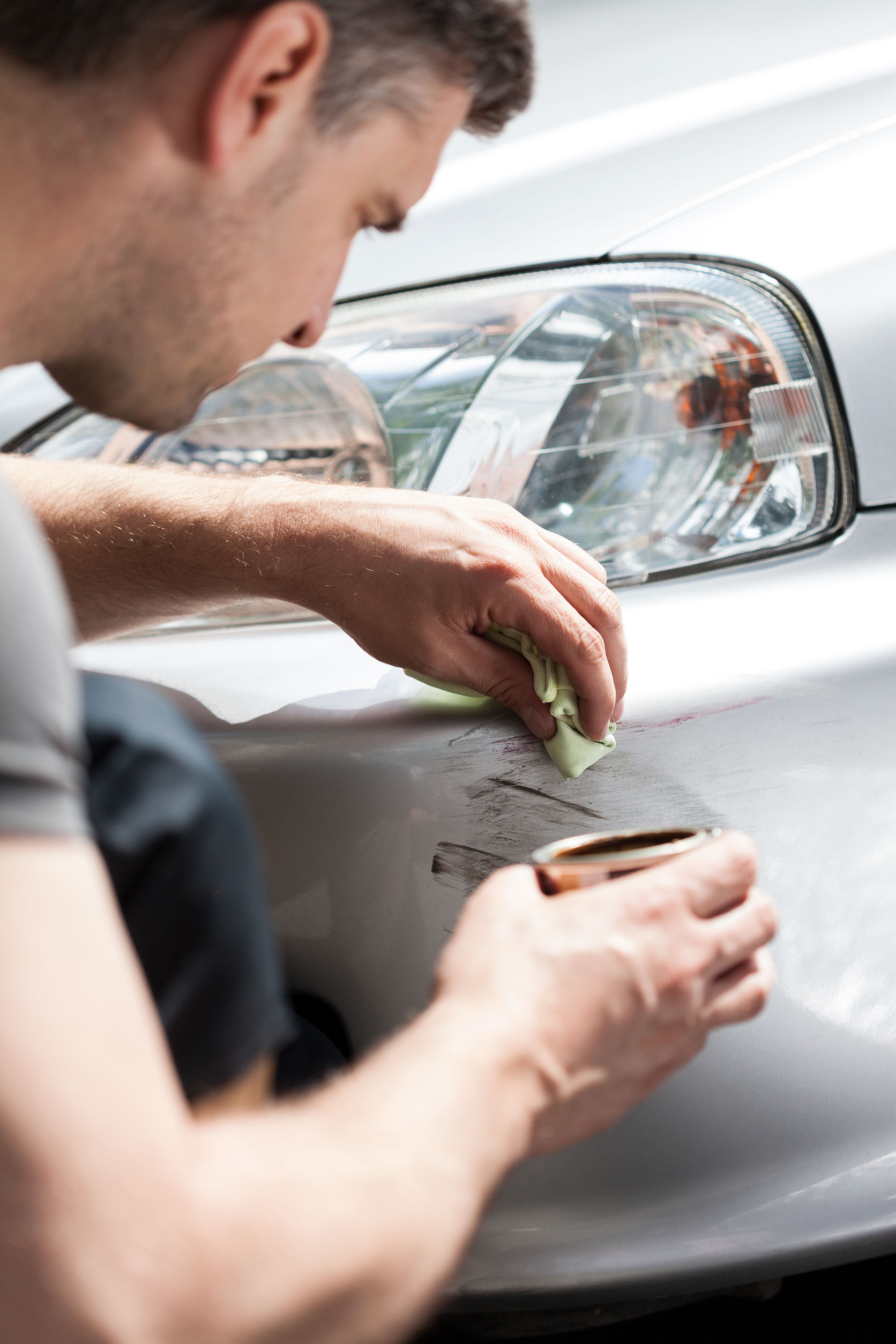










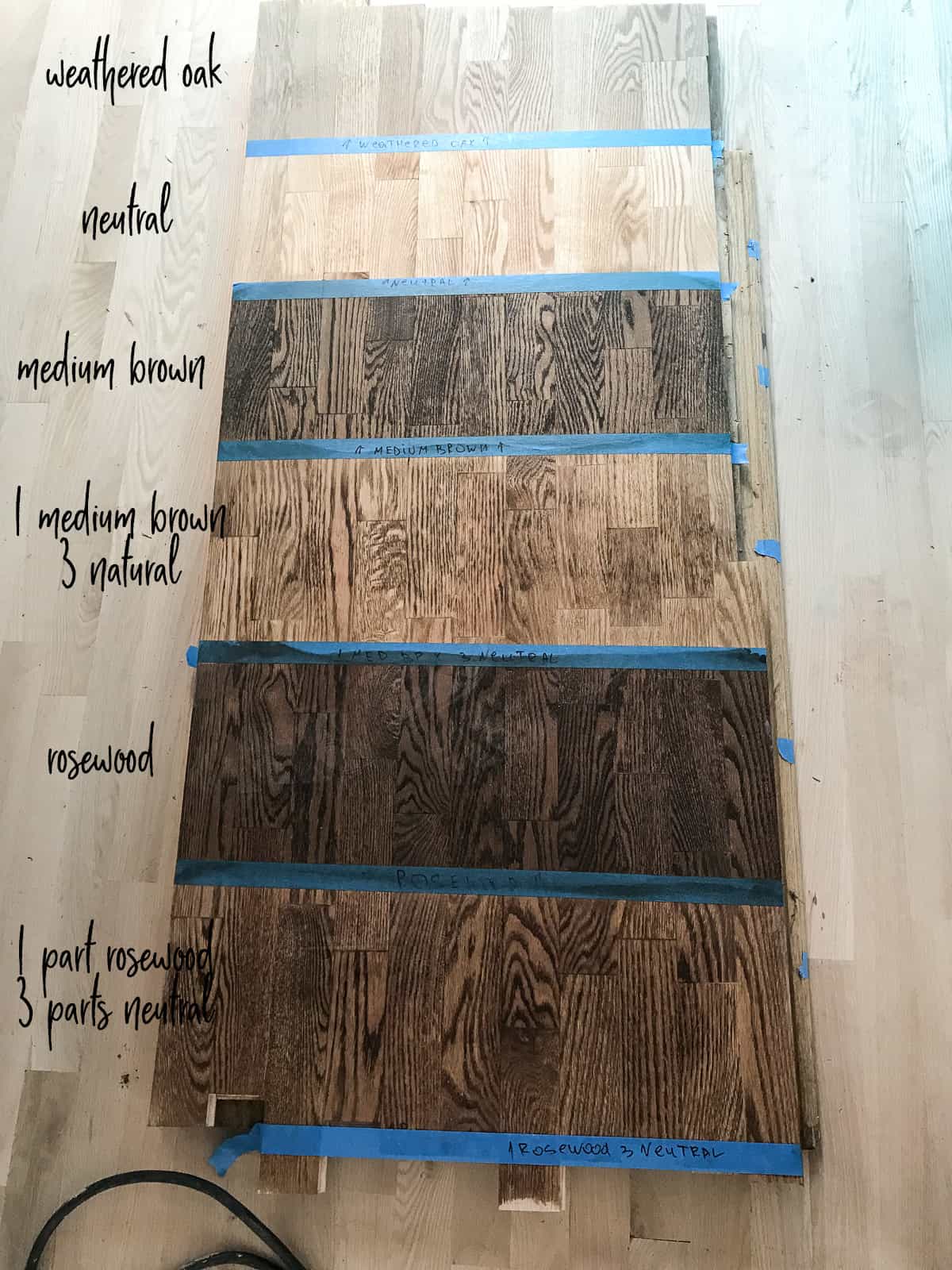

/GettyImages-173649949-56a4e88a5f9b58b7d0d9d756.jpg)
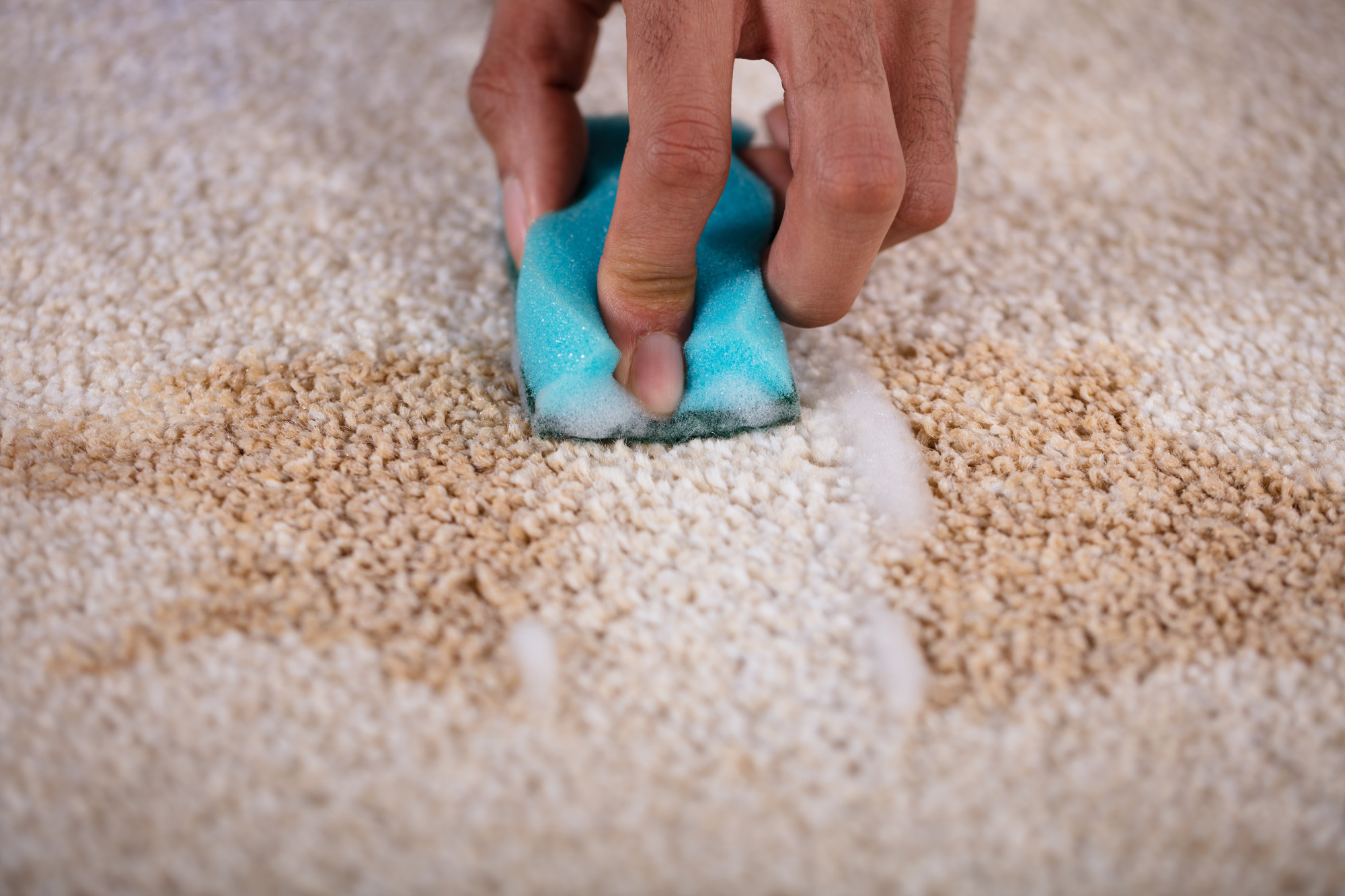
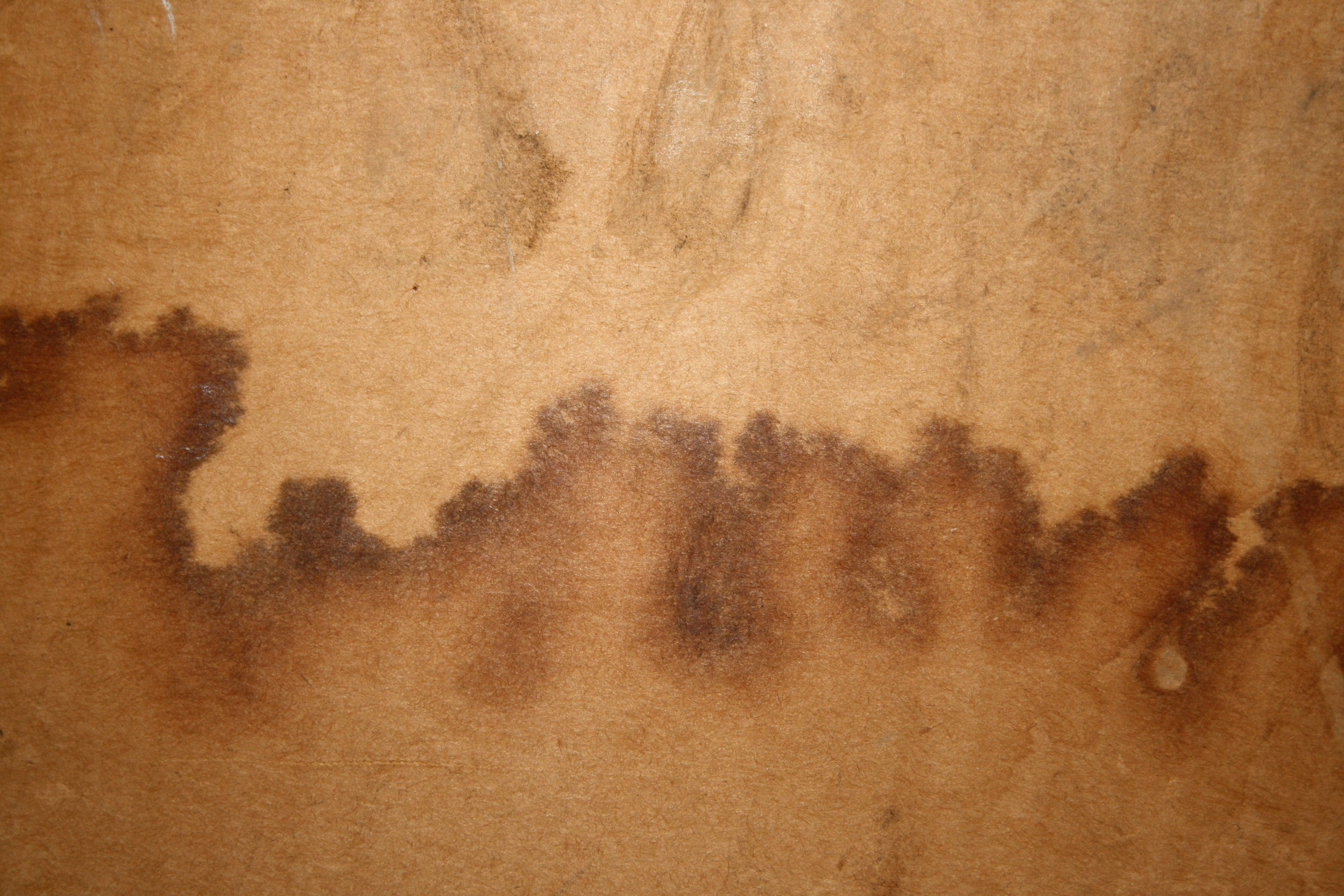

/GettyImages-98458433-b2f63c2945134b75b671af2719e6945f.jpg)
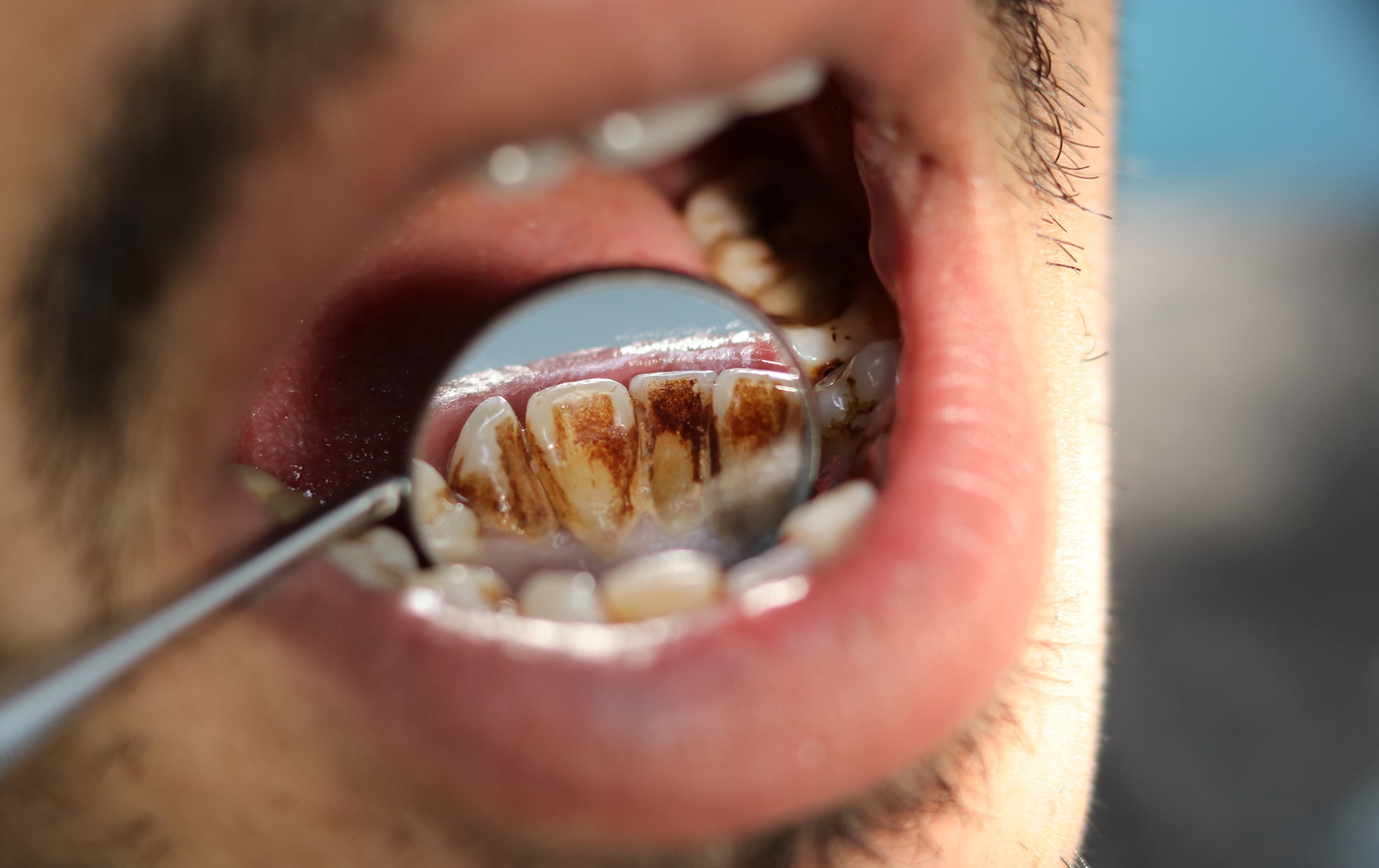

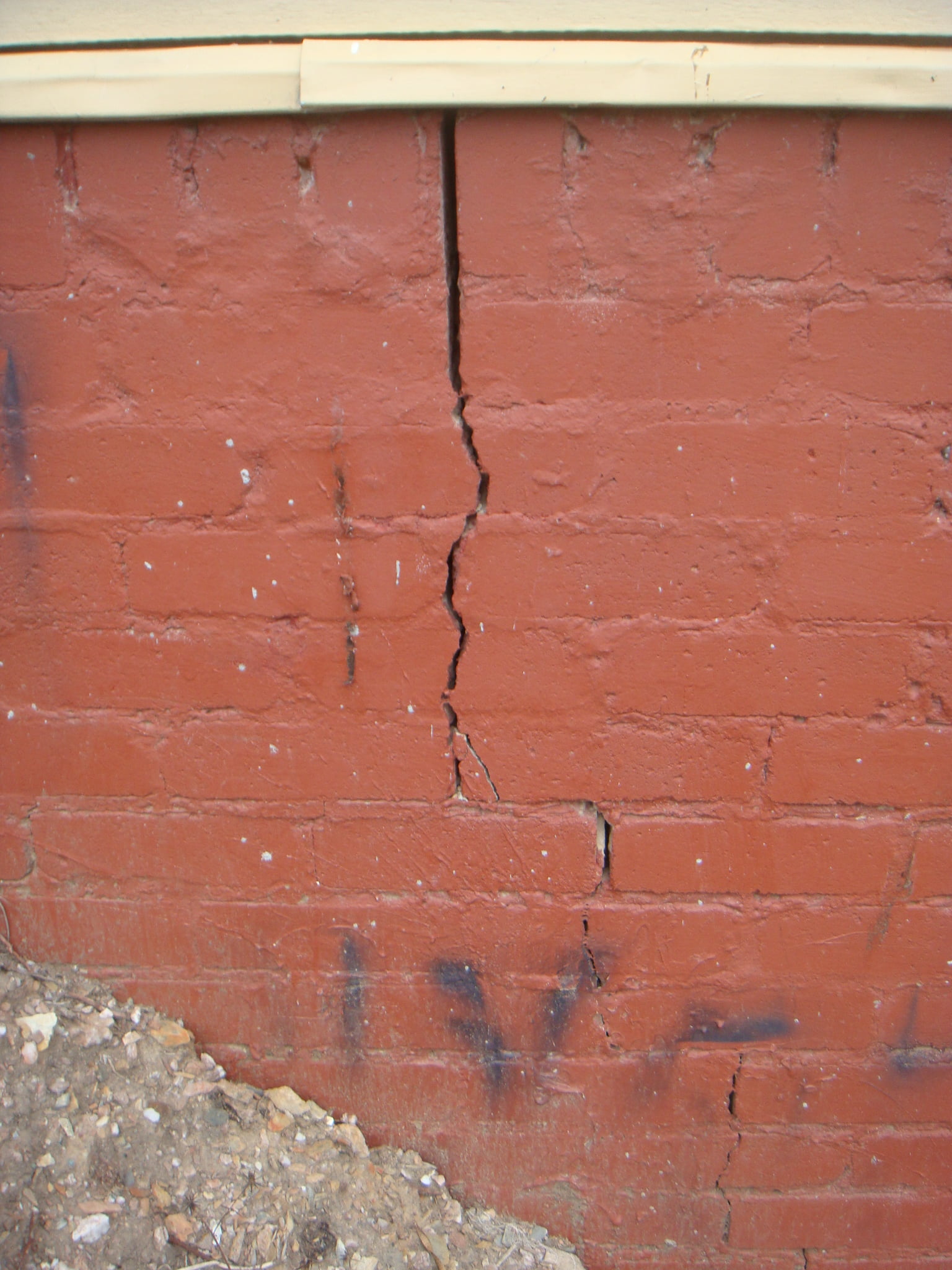

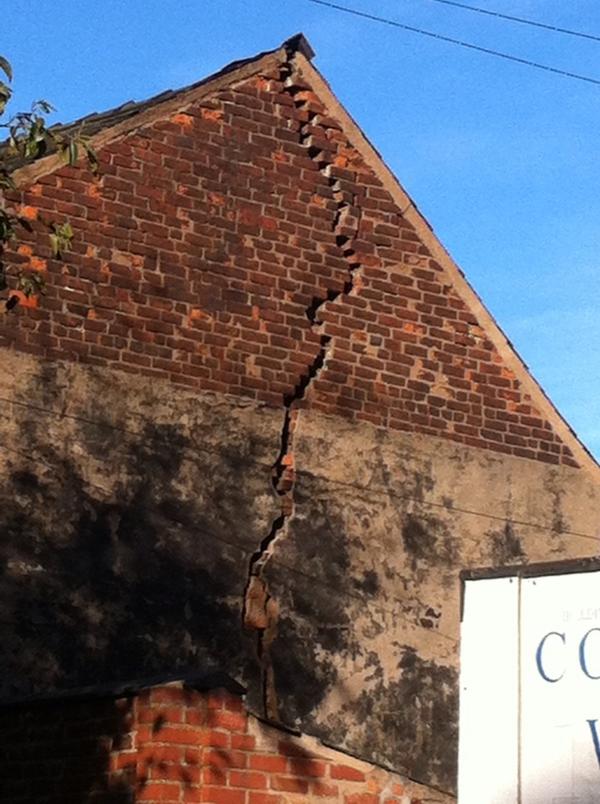
/CracksinConcreteWall-ad1042579de84a349ced547d13191281.jpg)
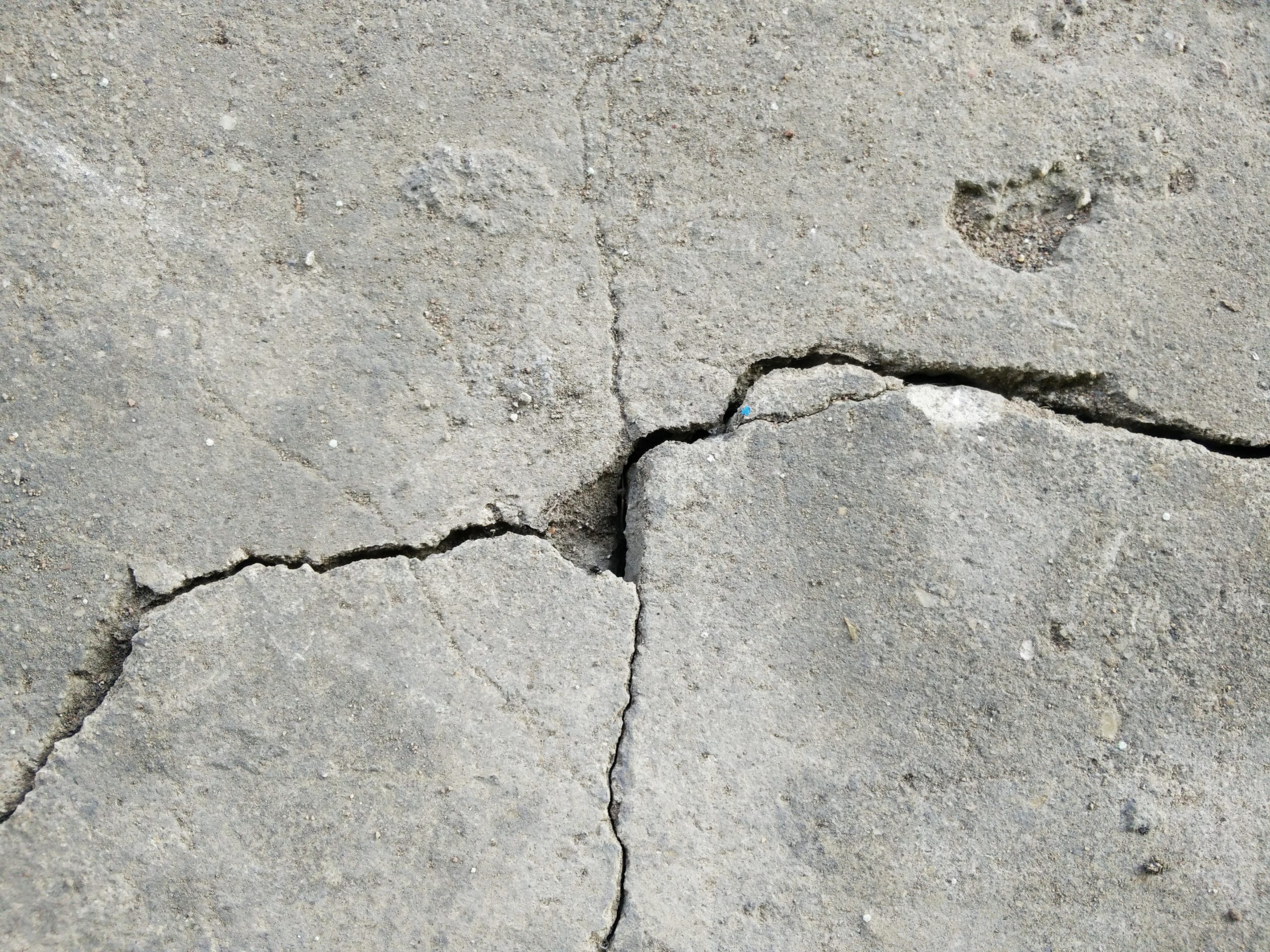

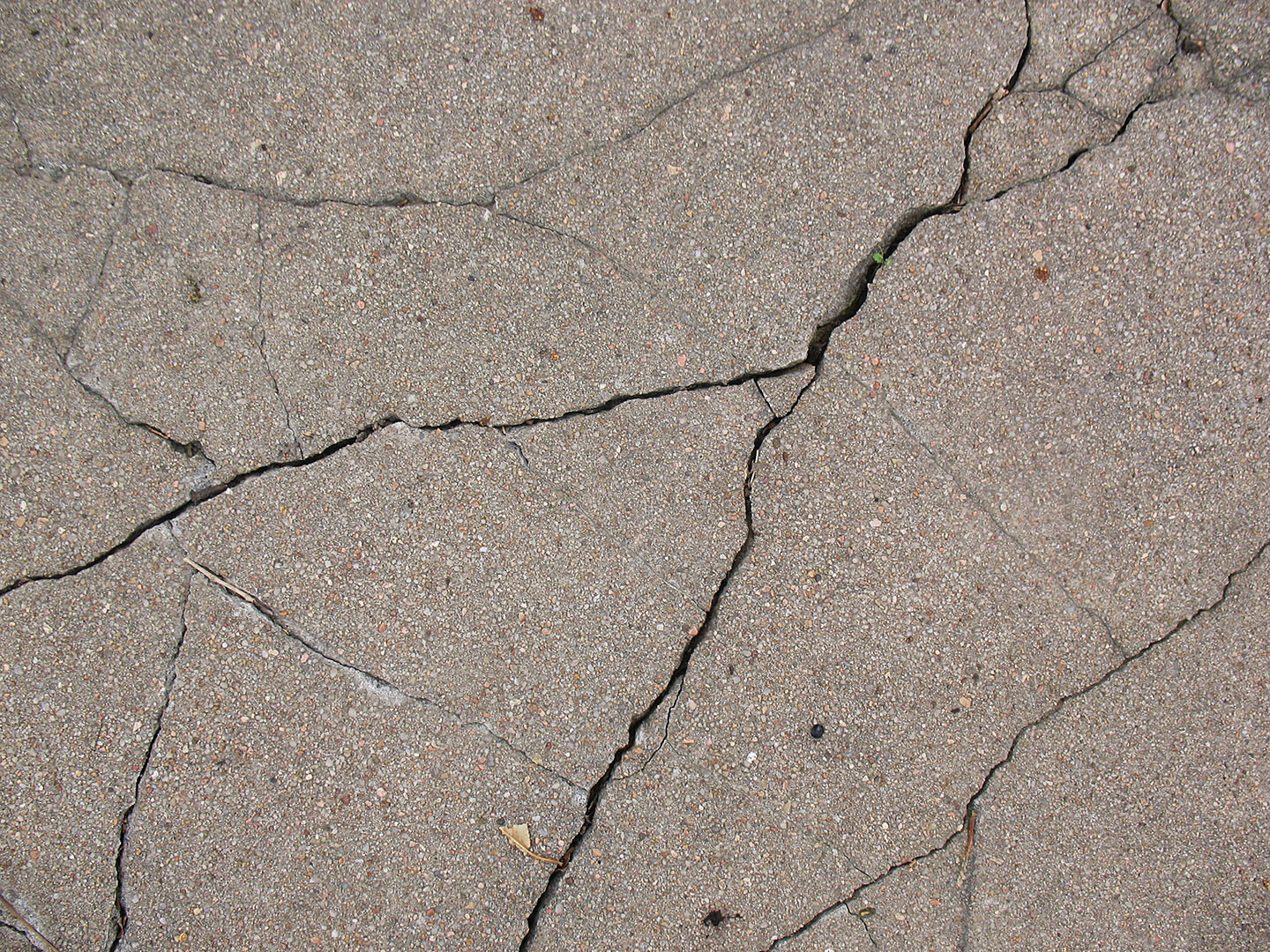


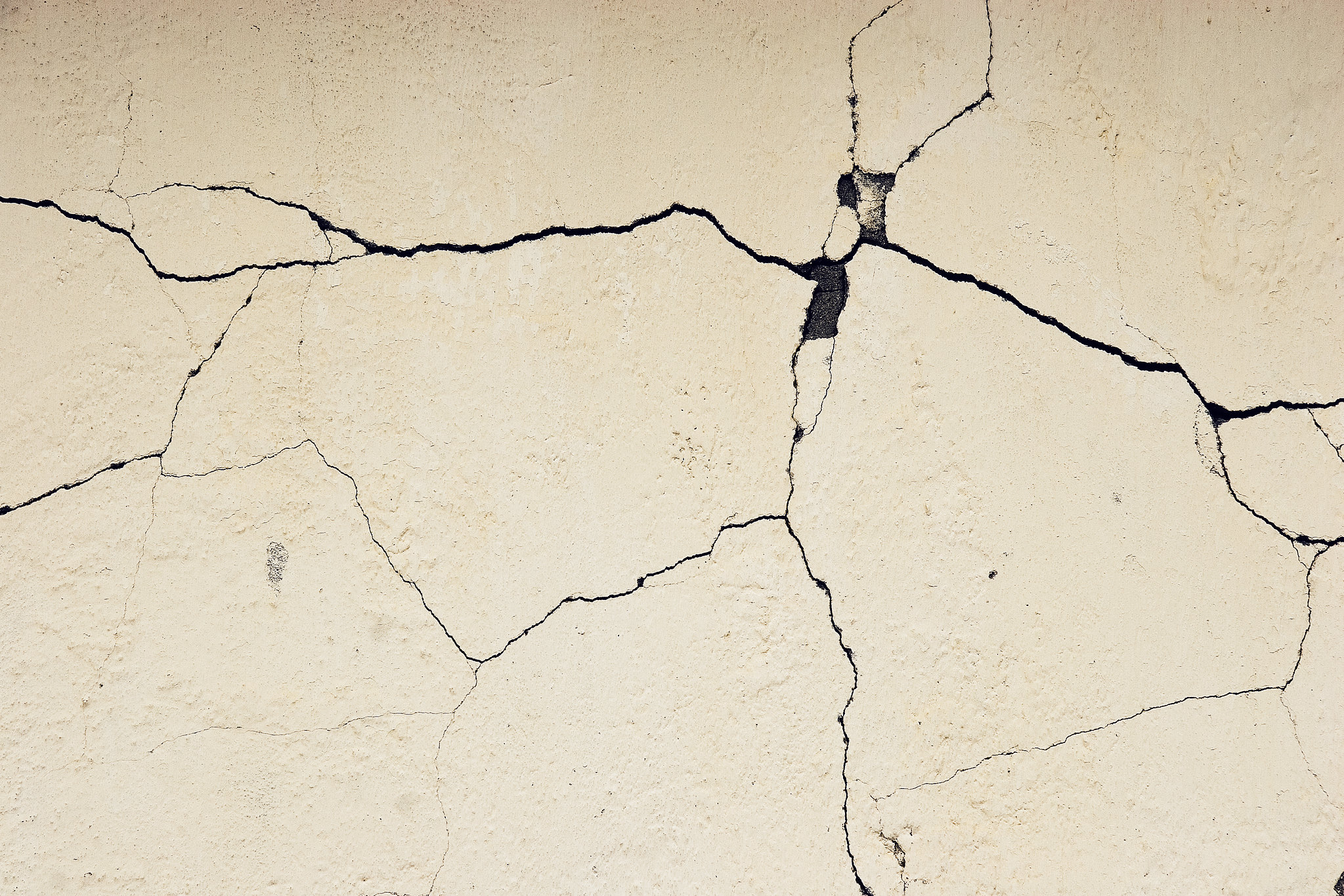
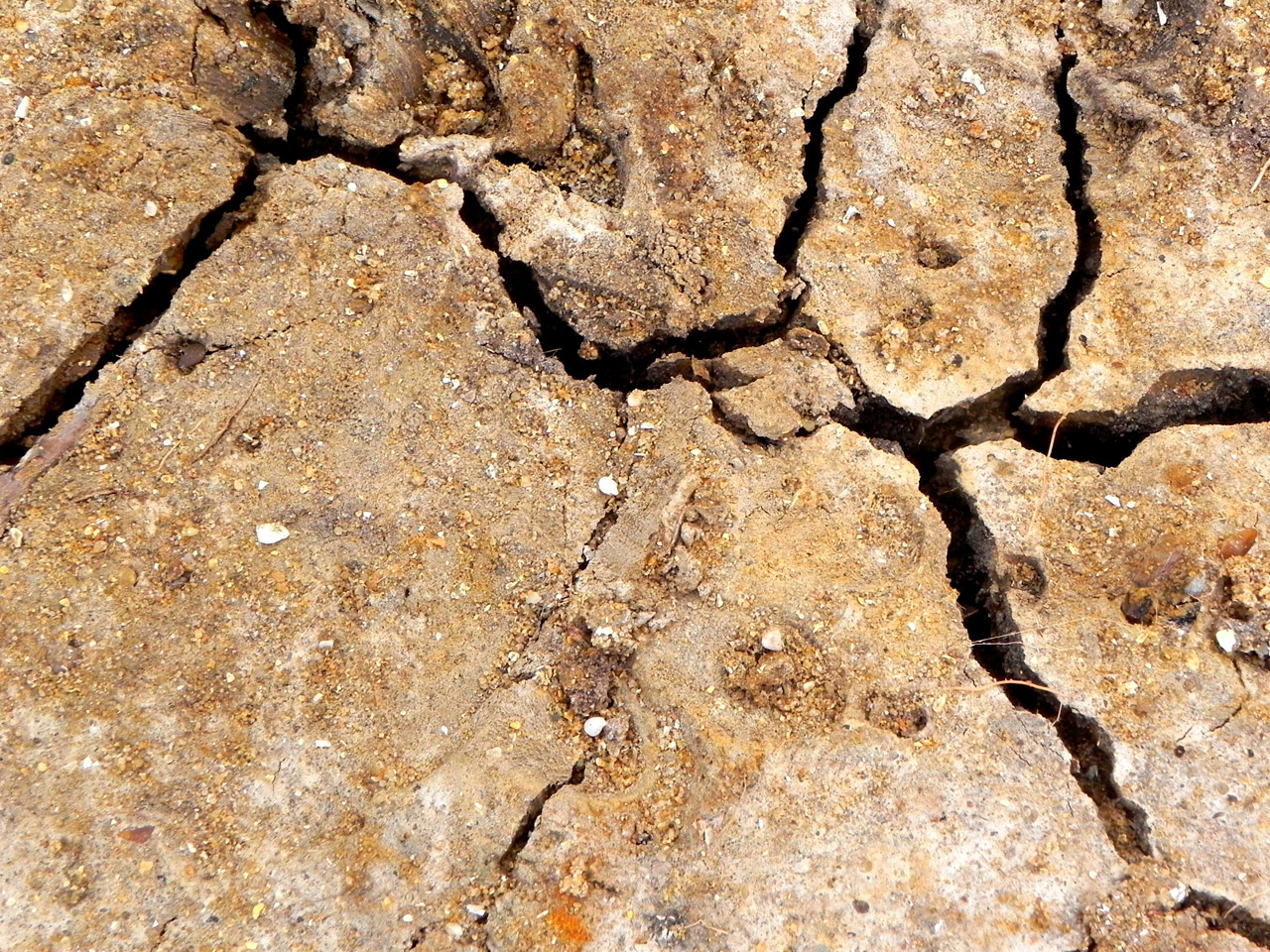
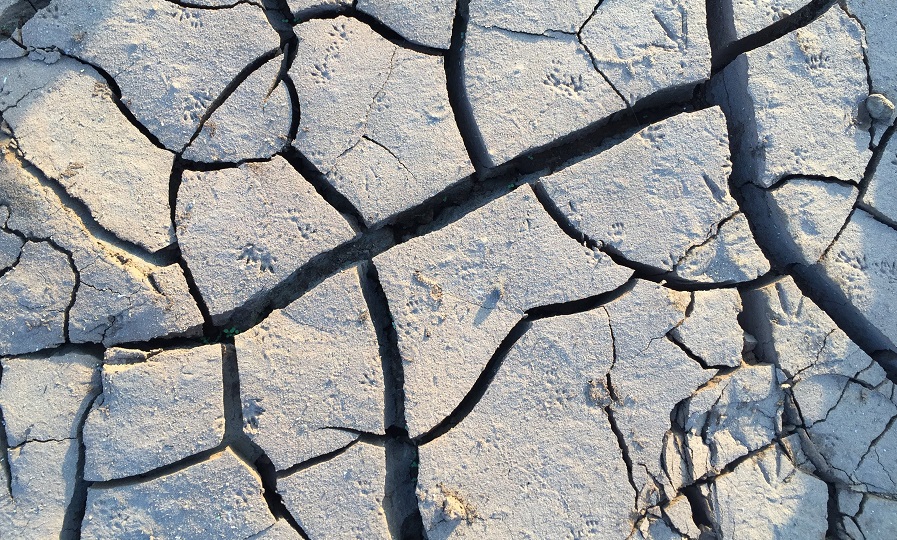
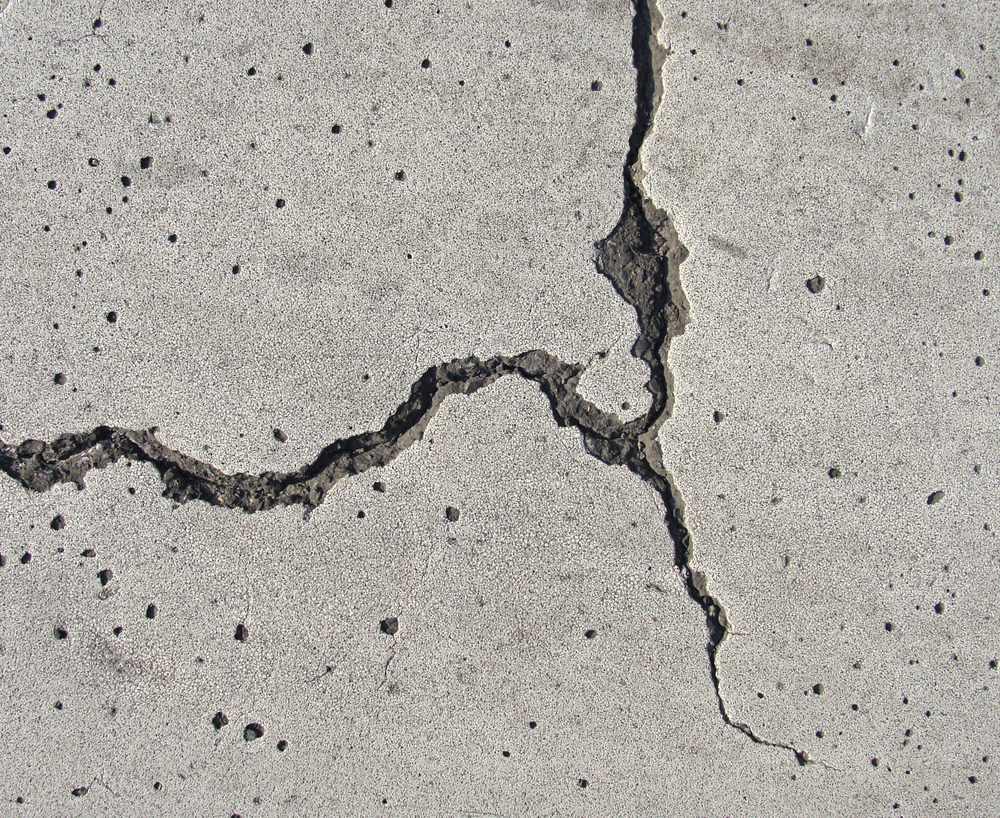




















:max_bytes(150000):strip_icc()/GettyImages-1176722103-894bbbb89c8e4bcd977a16297e2336bf.jpg)
